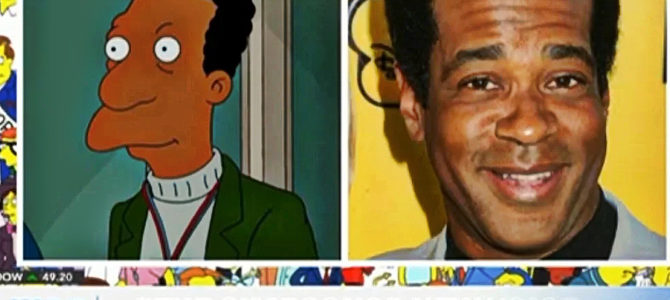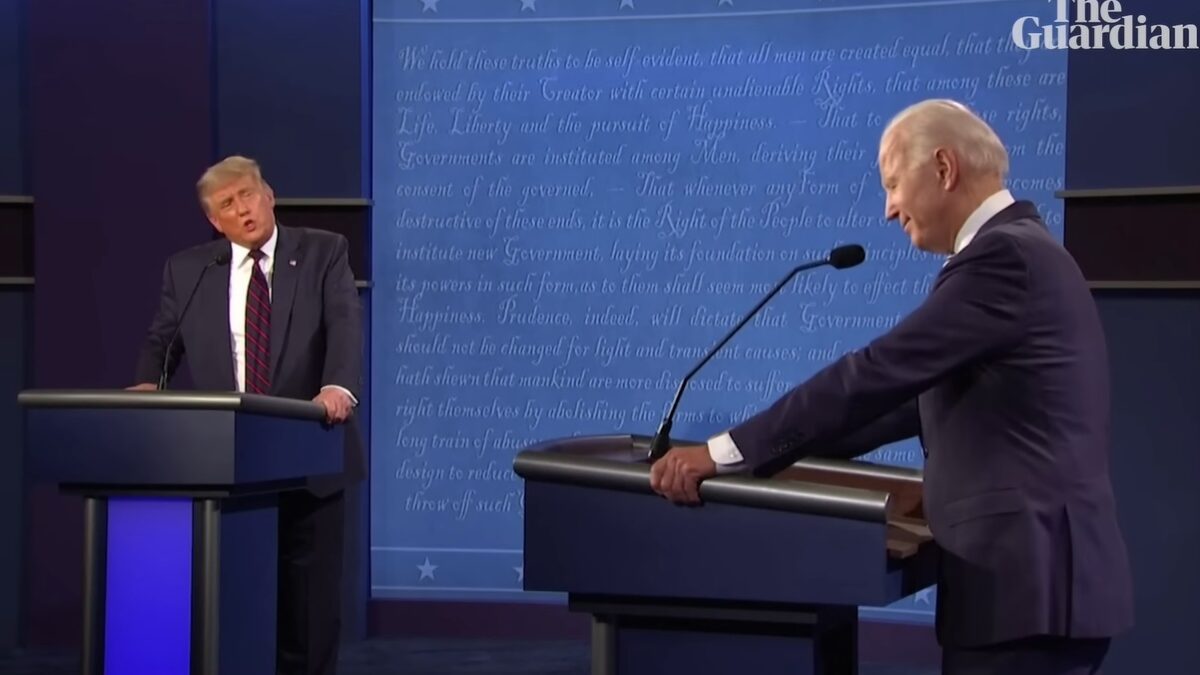
Tuning in to the season premiere of “The Simpsons” Sunday night, something felt different. Halfway through the episode, the thought occurred that one of Homer Simpson’s co-workers sounded off.
Sure enough, a search online revealed that Alex Desert had taken over the voice of Carl Carlson, who works with Homer at the Springfield Nuclear Power Plant. The move comes as “The Simpsons,” along with other animated shows, said they will no longer cast white actors to voice African American roles.
Coming two years after the controversy about recurring Simpsons character Apu Nahasapeemapetilon, the move represents an attempt, however well-intentioned, to increase diversity that looks more like a ham-handed appeal to the social justice crowd.
Panoply of Characters
Earlier this year, Simpsons actor Hank Azaria said he would no longer voice the role of Apu. That character has remained in limbo since a documentary, “The Problem with Apu,” argued the character had become a derisive stereotype used against those with Indian or South Asian ancestry.
Azaria, who is white, had also provided the voice for Carl Carlson prior to this season, as well as Officer Lou, an African American officer with the Springfield Police Department. Hank Shearer, who is also white, had voiced Doctor Julius Hibbert, “The Simpsons”’ other recurring African American character. Neither Lou nor Hibbert had voice roles in Sunday night’s episode, so it remains unclear which actors will portray them.
Therein lies one potential implication of “The Simpsons”’ move. The show already has an enormous cast of recurring characters that numbers in the dozens at minimum. Finding individual actors to voice every role—as opposed to voice artists who can switch between “characters” easily—represents an enormously time-consuming endeavor.
It, therefore, seems quite possible that an ensemble show like “The Simpsons” will end up hiring one African American actor to play all the African American roles, a move that would increase diversity among voice actors, but only marginally.
Other Insensitive Stereotypes?
More broadly, the notion that only actors of a given race, sex, or ethnicity can fill roles for that demographic background would rapidly disqualify talented actors, and narrow the range of roles an actor could portray.
Take two other examples from “The Simpsons.” In addition to his prior roles providing the voices for Carlson and Officer Lou, Hank Azaria also voices Dr. Nick Riviera, Springfield’s resident quack physician.
Azaria based Riviera’s voice on a bad Ricky Ricardo impersonation. But Azaria’s Italian heritage holds little in common with the Cuban roots of Desi Arnaz, who created and played the original Ricky Ricardo character in “I Love Lucy.”
If Azaria voicing an African American or Indian American character represents an offensive action he and the show felt the need to stop, why would he continue to voice a Cuban American character? Similarly, Don Castellaneta also holds Italian roots, but voices Groundskeeper Willie, “The Simpsons”’ stereotypical Scotchman with a feral beard and thick Scottish accent. How can an Italian American properly voice a Scotchman?
Of course, taken to its most extreme limits, this kind of logic would eliminate acting altogether. If only “lived experience” qualifies an individual for a role—the same reasoning that says an African American actor cannot play a white character, a childless woman cannot play a mother, and so forth—then no one ever has the right to portray anyone else, because no two people have ever had the exact same lived experiences.
Increase Diversity the Right Way
Rather than going down this intellectual cul-de-sac, “The Simpsons” and other animated shows would have served themselves far better by continuing their prior efforts to increase diversity among the actors they hire. Variety notes that over the past few years, the show has hired Kevin Michael Richardson, an African American known for his work on “The Cleveland Show,” for a variety of roles.
Having done the right thing over the past few years, “The Simpsons” now appears to have jumped the proverbial shark. Hiring actors from under-represented groups — whether individuals of color or other social backgrounds — naturally represents a laudable movement towards inclusion and diversity. But setting hard-and-fast rules, or recasting long-standing characters just to meet rapidly changing social mores, just looks like pandering.









